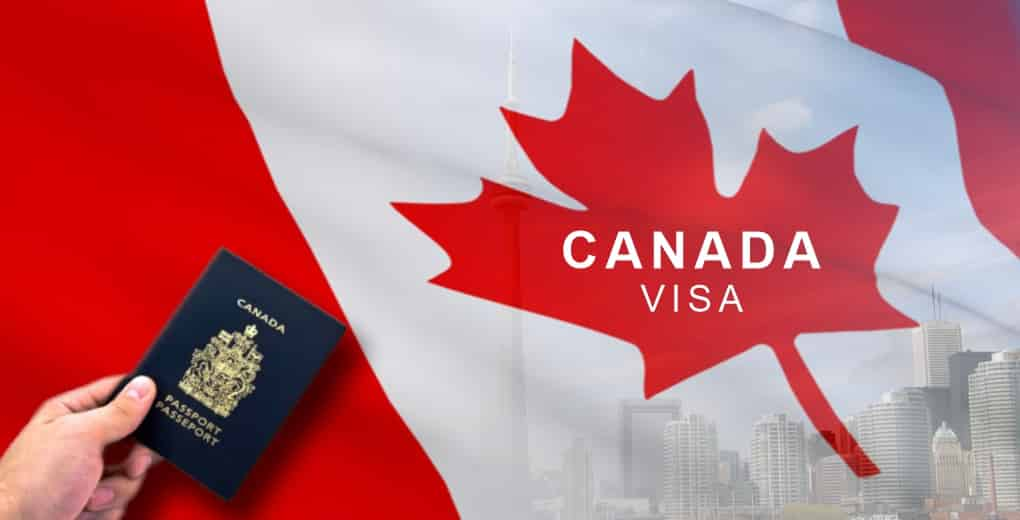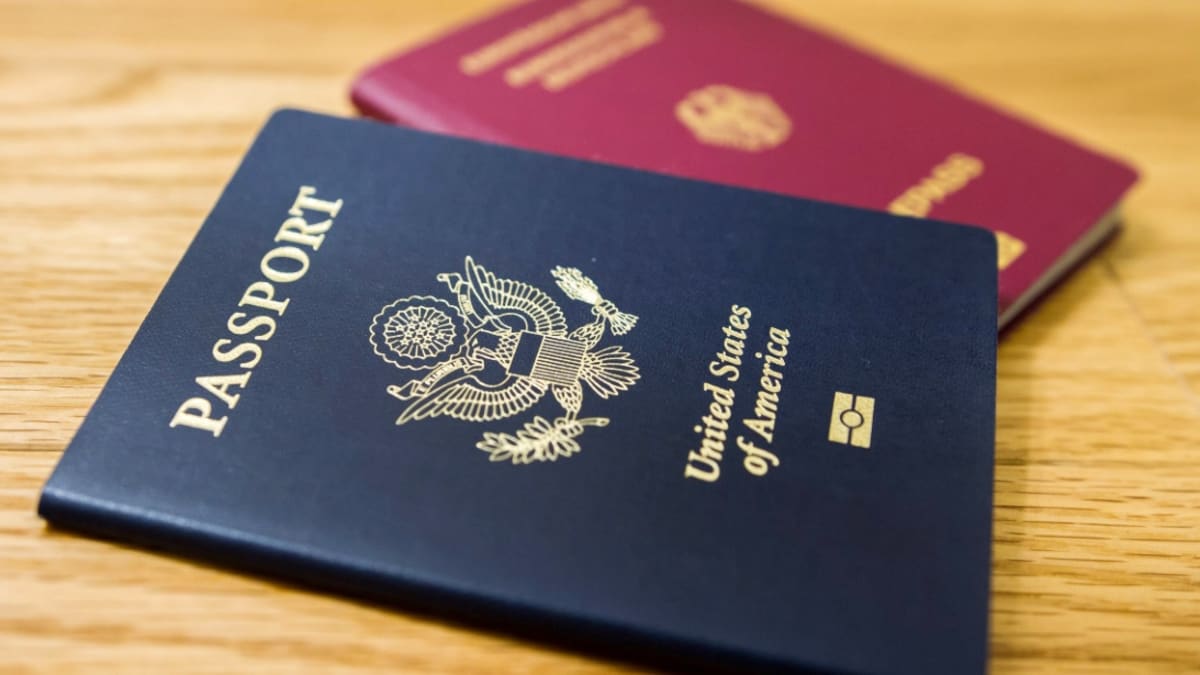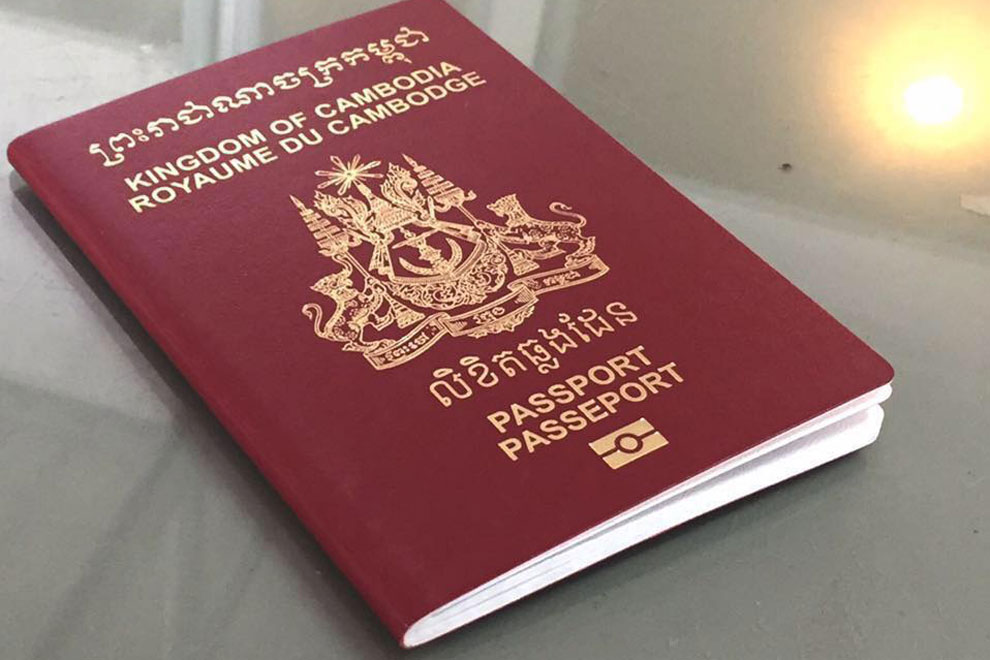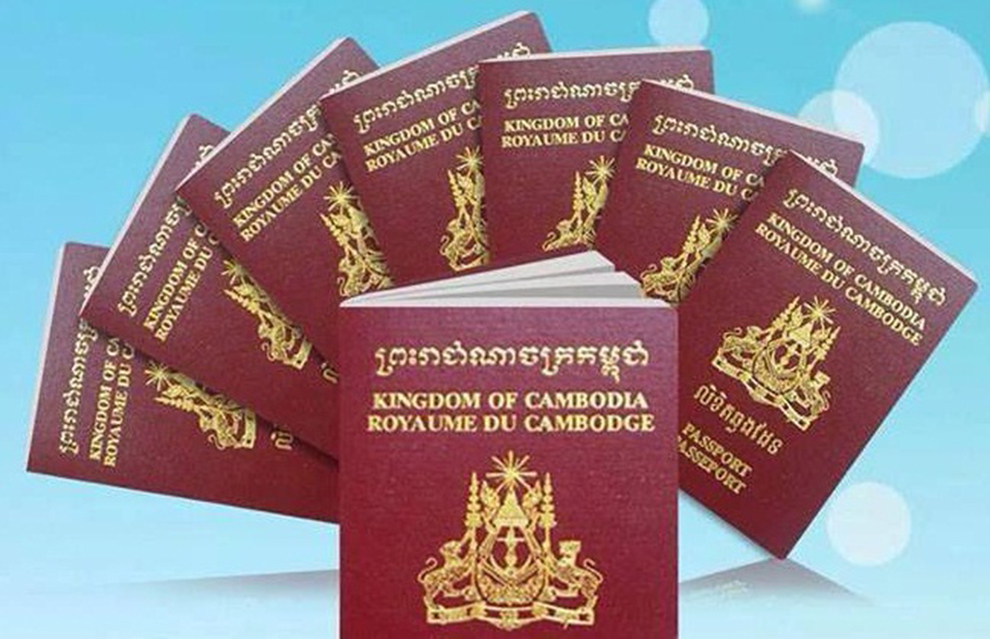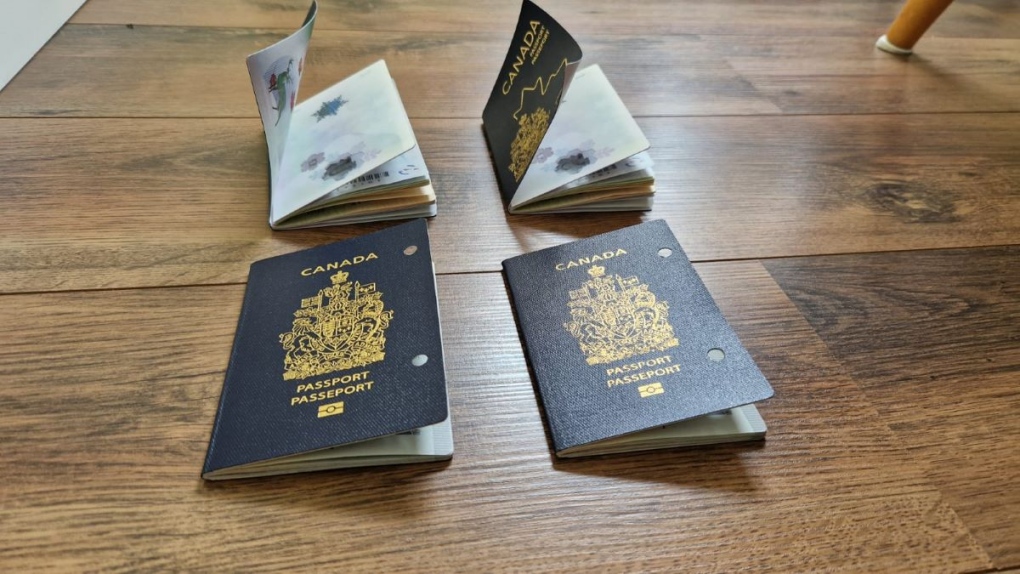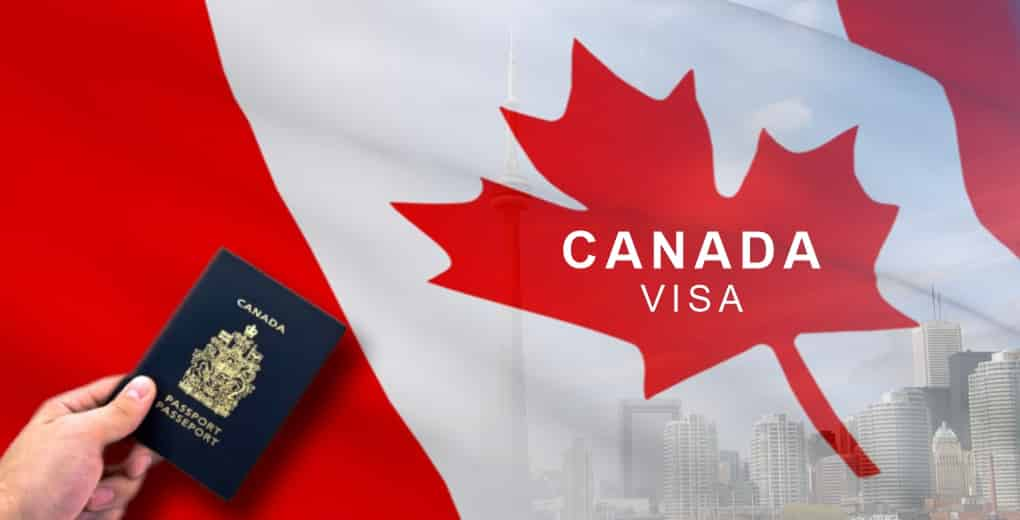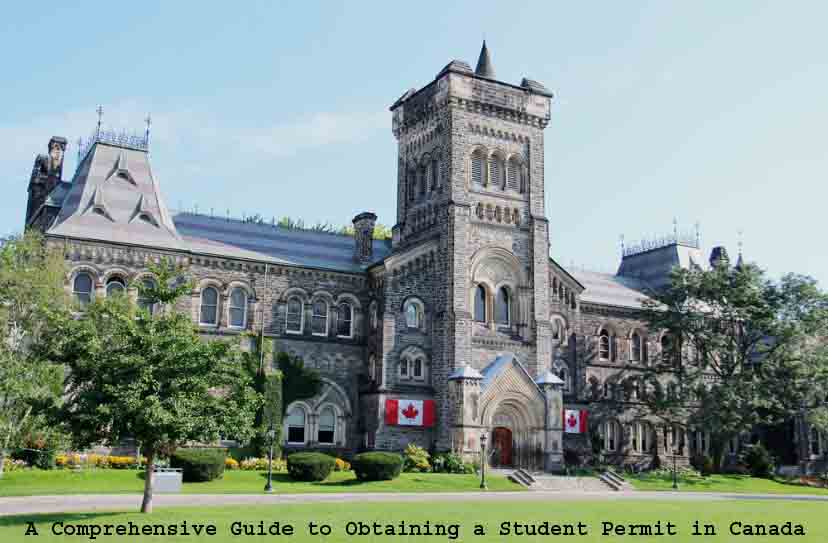
Introduction
Canada, renowned for its high-quality education system and diverse cultural landscape, has become an increasingly popular destination for international students seeking academic excellence and a multicultural experience.
To pursue studies in Canada, one of the essential requirements is obtaining a student permit. In this comprehensive guide, we will delve into the intricacies of the student permit canada application process in Canada, exploring the eligibility criteria, application procedures, and essential tips for a successful application.
- Understanding the Basics.
- Student Permit.
A student permit is an official document issued by the Canadian government that allows foreign nationals to study at designated learning institutions (DLIs) in Canada. This permit is a key component of the process for international students to pursue education in the country.
- Eligibility Criteria
- Acceptance Letter from a DLI: To apply for a student permit, the first step is securing admission to a recognized DLI in Canada. The acceptance letter is a crucial document required during the application process.
- Financial Capacity: Applicants must demonstrate sufficient financial resources to cover tuition fees, living expenses, and other related costs. This requirement ensures that students can support themselves during their stay in Canada.
- Clean Criminal Record: A background check is essential to ensure that applicants have a clean criminal record. Individuals with a criminal history may face challenges in obtaining a student permit.
- Good Health: Applicants are generally required to undergo a medical examination to ensure they are in good health. This step is crucial for the well-being of the student and the Canadian community.
The Application Process
Preparing Necessary Documents
- Passport: A valid passport is a basic requirement for the student permit application. Ensure that your passport has sufficient validity to cover your entire stay in Canada.
- Passport-sized Photographs: Recent passport-sized photographs meeting specific requirements are necessary for the application.
- Acceptance Letter from DLI: Include the official acceptance letter from the designated learning institution where you have been accepted.
- Proof of Financial Capacity: Provide evidence of your financial capacity, such as bank statements, sponsorship letters, or scholarship information.
- Medical Examination Report: If required, submit a medical examination report from an approved panel physician.
- Online Application Submission
- Create an Online Account: Applicants are required to create an online account on the Immigration, Refugees, and Citizenship Canada (IRCC) website.
- Complete the Application Form: Fill out the application form accurately, providing all required information. Be prepared to upload electronic copies of your documents.
- Pay the Application Fee: A non-refundable application fee must be paid online. The amount varies and is subject to change, so it is essential to check the current fee on the official website.
- Biometrics Appointment: In some cases, applicants may need to provide biometric information at a designated Visa Application Centre (VAC).
Processing Time and Waiting Period
- Processing Time
The processing time for a student permit application can vary depending on several factors, including the volume of applications, the applicant’s country of residence, and the time of year. It is advisable to check the current processing times on the IRCC website and plan accordingly.
- Waiting Period
Once the application is submitted, applicants must patiently wait for a decision. During this period, it is crucial to monitor the application status through the online portal and respond promptly to any requests for additional information.
- Post-Approval Steps
- Receiving the Student Permit
Upon approval, successful applicants will receive a letter of introduction (LOI) along with their student permit. The LOI is not a travel document but is essential for entering Canada.
- Traveling to Canada
Before traveling to Canada, students should familiarize themselves with the entry requirements and ensure they have all necessary documents, including the LOI, passport, and travel itinerary.
- Understanding Work Opportunities
Many international students in Canada are eligible to work part-time during their studies and full-time during scheduled breaks. Understanding the regulations and obtaining the required work permits is essential for those seeking employment opportunities.
- Tips for a Successful Application
- Start Early
Begin the application process well in advance to account for potential delays and ensure a smooth transition to Canada.
- Seek Guidance
If unsure about any aspect of the application process, consider seeking guidance from designated immigration consultants or the international student office at the chosen DLI.
- Stay Informed
Keep abreast of any changes in immigration policies and procedures by regularly checking the official IRCC website or consulting with immigration professionals.
- Be Transparent
Provide accurate and truthful information in your application. Any discrepancies or misrepresentations can lead to the rejection of your application.
- Plan Finances Wisely
Carefully plan and budget for your education and living expenses in Canada. Having a well-thought-out financial plan strengthens your application.
Student Permit Canada
Obtaining a student permit in Canada opens up a world of opportunities for international students. Not only does it allow access to prestigious educational institutions, but it also provides the chance to immerse oneself in the rich Canadian culture. One fresh perspective is the emphasis on diversity and inclusivity within Canadian universities, making it an ideal environment for global learning and personal growth.
Moreover, the student permit process is not just a bureaucratic hurdle; it’s an opportunity for students to develop resilience and resourcefulness as they navigate through the application requirements. This experience can serve as invaluable preparation for future professional endeavors, teaching adaptability and patience in dealing with administrative procedures.
Additionally, securing a student permit offers more than just academic enrichment; it allows students to participate in various extracurricular activities, internships, and part-time work experiences that contribute to their holistic development.
This dynamic balance between study and real-world engagement positions Canadian education as more than just a destination for degree seekers — it becomes a gateway to lifelong connections and experiences that transcend borders.
Conclusion
Obtaining a student permit for Canada is a crucial step for international students aspiring to pursue education in this diverse and welcoming country. Navigating the application process requires careful planning, attention to detail, and adherence to the eligibility criteria.
By understanding the basics, following the correct procedures, and staying informed, prospective students can increase their chances of a successful application and embark on a rewarding educational journey in Canada.


